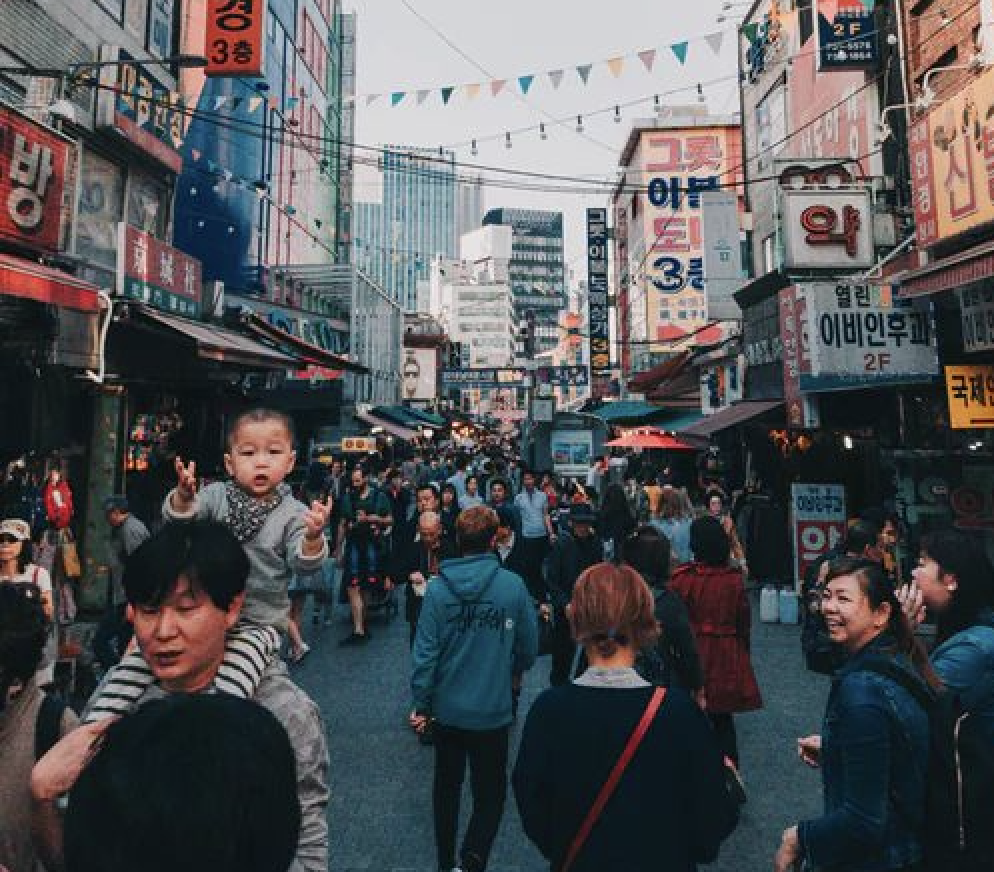The Kangaroo Tribe: A Growing Challenge for South Korea's Economy and Family Dynamics
Jeon Young-soo, a professor at Hanyang University’s Graduate School of International Studies, warns that the kangaroo tribe phenomenon could harm both households and the national economy.

In South Korea, many young adults remain tethered to their parents, forming a demographic known as the "kangaroo tribe."
According to a Korea Employment Information Service study, in 2020, 66% of Koreans aged between 25 and 34 were part of this group. This trend has persisted, with 62.8% in 2012, 66.6% in 2016, and 68% in 2018.

The challenges faced by these young adults are multifaceted. In 2020, 73.4% of the Kangaroo tribe did not have a college diploma, and 69.4% hailed from Seoul or its surrounding areas. Employment status also plays a significant role.
In 2012, 47.4% of the tribe were unemployed, a figure that surged to 66% by 2020. However, employment does not always equate to independence. A striking 72.2% of those in temporary or unstable jobs still lived with their parents.
The Kangaroo Tribe
Many of these adult children cite ongoing education or recent completion of mandatory military service as reasons for staying home. Yet, this dependency has broader implications.
Jeon Young-soo, a professor at Hanyang University’s Graduate School of International Studies, warns that the kangaroo tribe phenomenon could harm both households and the national economy. "The cost of dealing with the kangaroo tribe will grow bigger as the individuals get older and their parents retire because the government in the end will need to support them and help them literally survive," he explained. Jeon suggests that parents should stop financially supporting their adult children, urging them to become self-reliant despite economic challenges.
Significant shift in family dynamics
Simultaneously, South Korea is witnessing another significant shift in family dynamics: the increasing grandparents' involvement. High inflation and a shrinking population make it difficult for parents to raise their children alone. Data released by Shinhan Card on June 6, 2023, highlights this trend.
From January to September 2023, individuals aged 60 or older visited kids’ cafés 80% more often than in 2019, while their visits to children's hospitals increased by 59%, and their spending on learning materials surged by 115%.
These grandparents, often financially stable baby boomers, are stepping in to support their grandchildren. As the cost of living escalates, parents increasingly rely on their parents for help. In 2023, those aged 65 and older made up 18.4% of South Korea's population, with the country set to become a super-aged society by 2025, when this age group will constitute 20% of the population.
These intertwined trends highlight the evolving challenges within South Korean families. As young adults struggle to achieve independence and grandparents take on more responsibilities, the nation's social and economic fabric is undergoing significant transformation.


